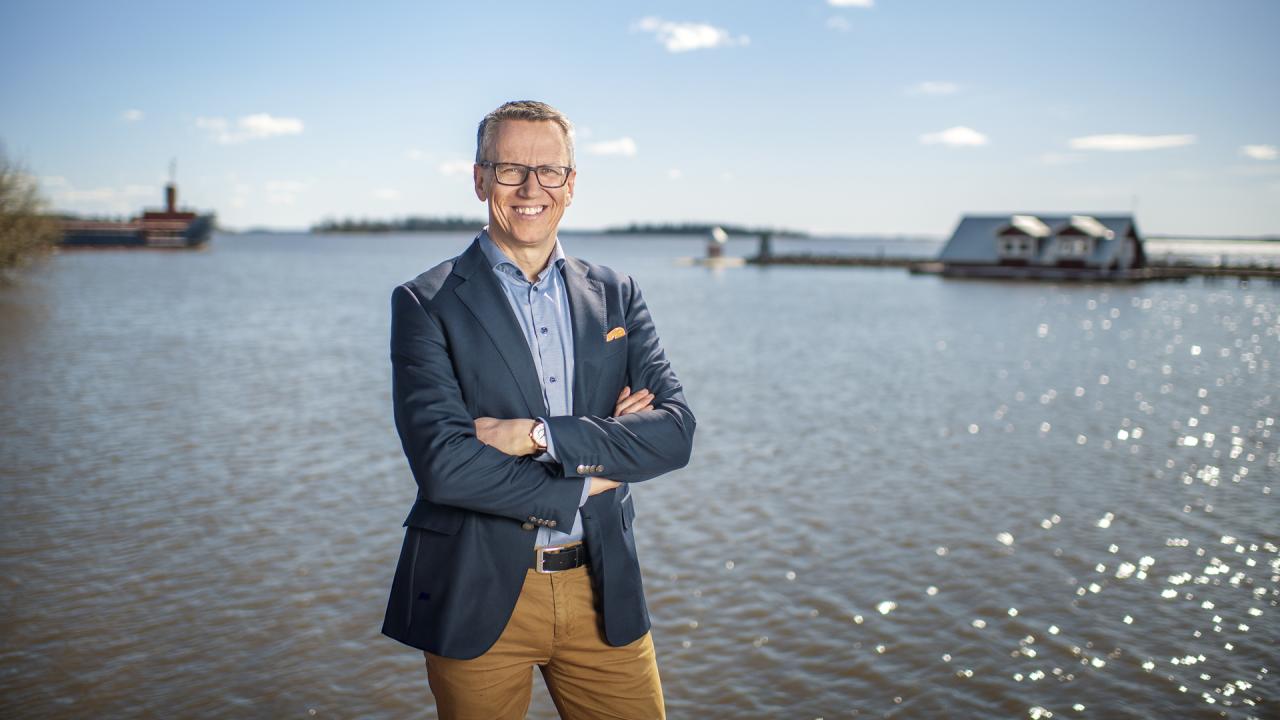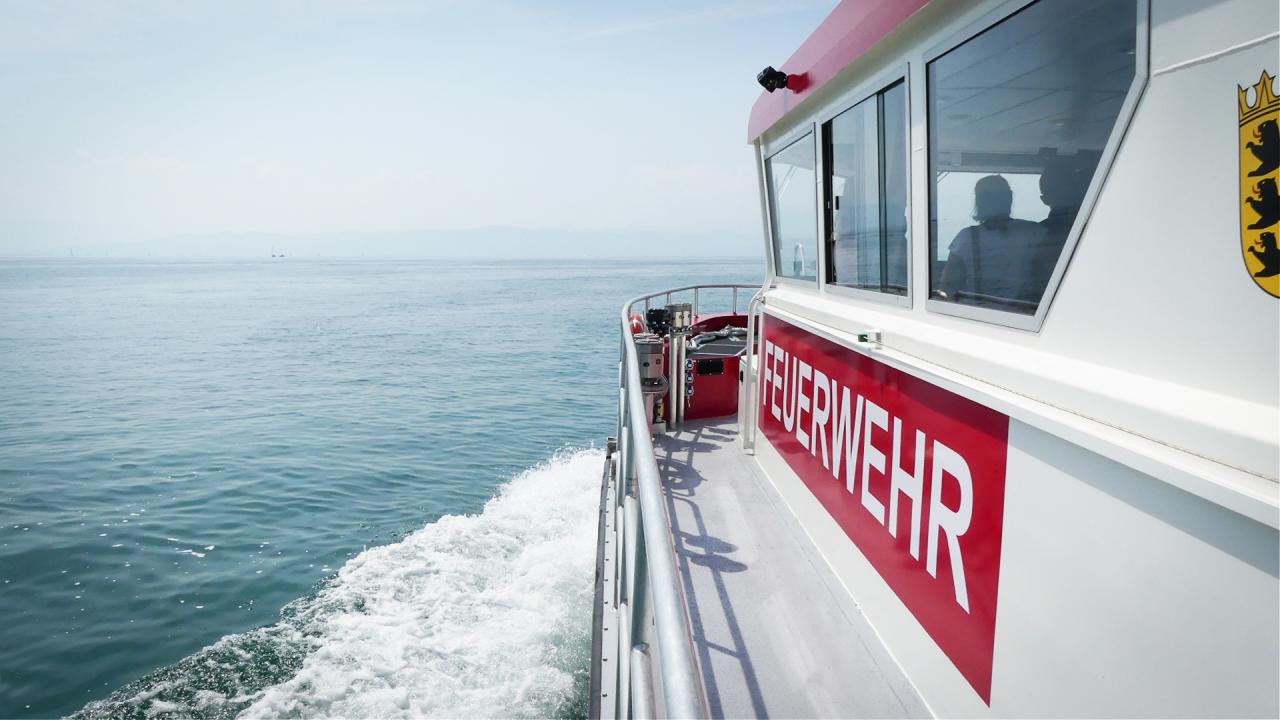WALLENIUS SOL delivers the first process equipment to Northvolt Ett
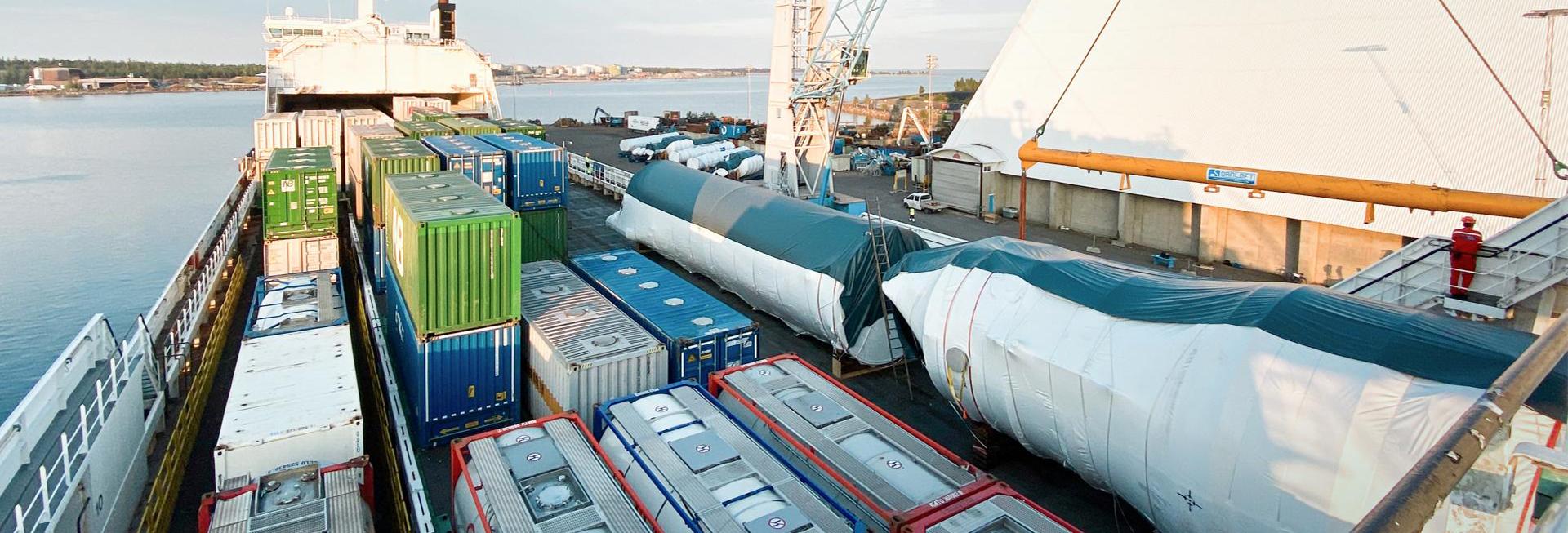
Battery manufacturer Northvolt is preparing to start-up its gigantic plant in Skellefteå in 2021. Northvolt chose WALLENIUS SOL for the delivery of the first production line equipment – and a special solution via the Port of Skellefteå.
NORTHVOLT IS A newcomer in the market for the production of lithium-ion batteries, intended primarily for electric vehicles. It has an R&D facility in Västerås, and operations in Poland and Germany. However, most of the production will take place in the factory currently under construction in Skellefteå, known as Northvolt Ett.
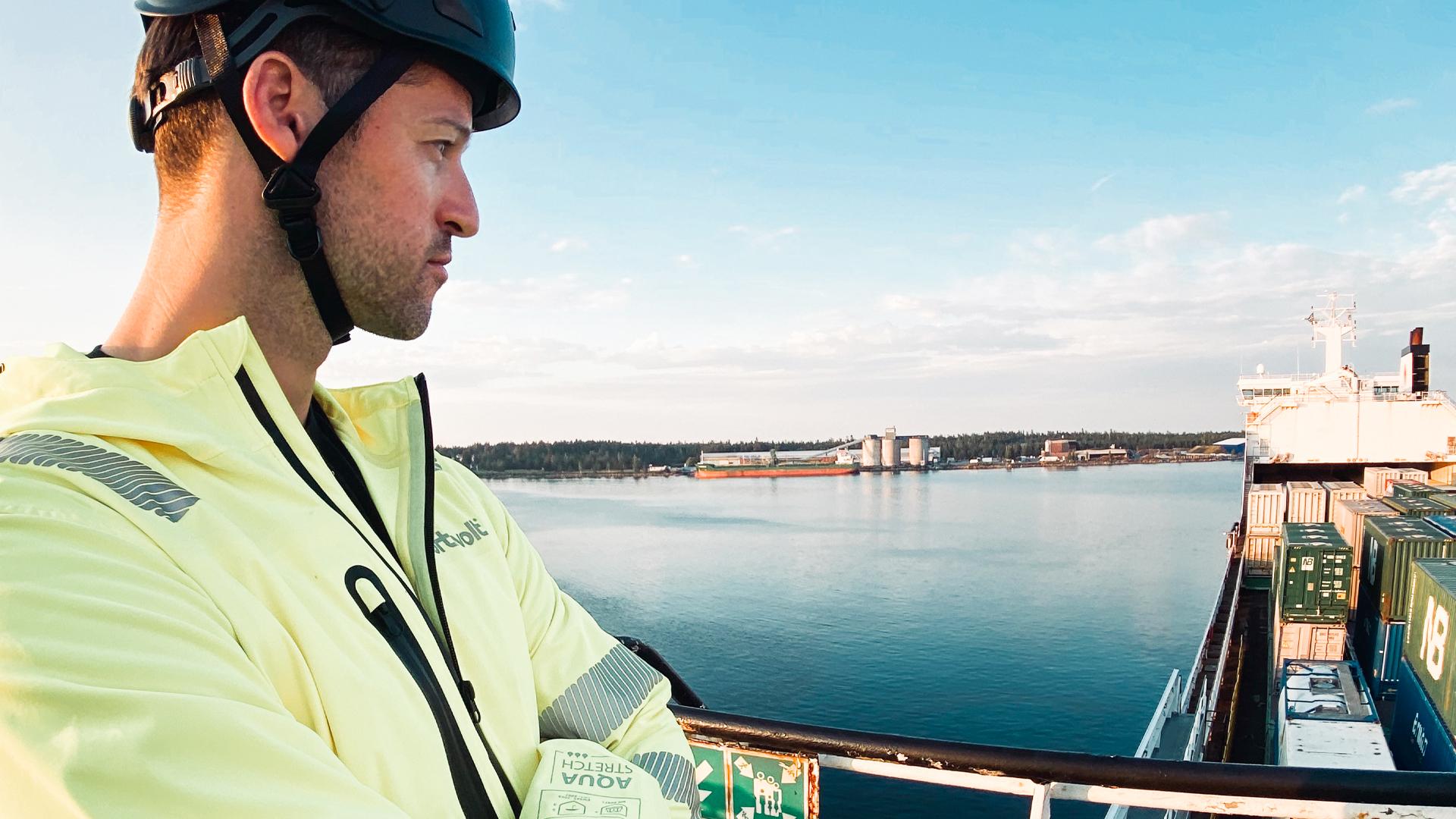
“Our goal is to be the greenest battery manufacturer with the lowest CO2 emissions. We also aim to be competitive with the largest battery manufacturers in Asia,” says Edward Quigley, Project Logistics Manager at Northvolt.
There were many reasons for the choice of Skellefteå, but one of the deciding factors was the good supply of fossil-free energy in northern Sweden. Another was the proximity to a port for inbound and outbound goods.
The inaugural delivery of machinery for the first production line took place on 19 August, when WALLENIUS SOL’s M/S Thuleland called at the Port of Skellefteå with machine components for a water treatment plant. The parts, in all four large units on deck and 19 units below decks, were manufactured in Europe and picked up by M/S Thuleland in Antwerp.
WALLENIUS SOL has regular scheduled services between ports in Europe and ports in the Gulf of Bothnia. Southbound cargo consists mainly of paper and other forest products, while there is space for other loads on the northbound legs. The Port of Skellefteå is not usually one of the stops on the regular services.
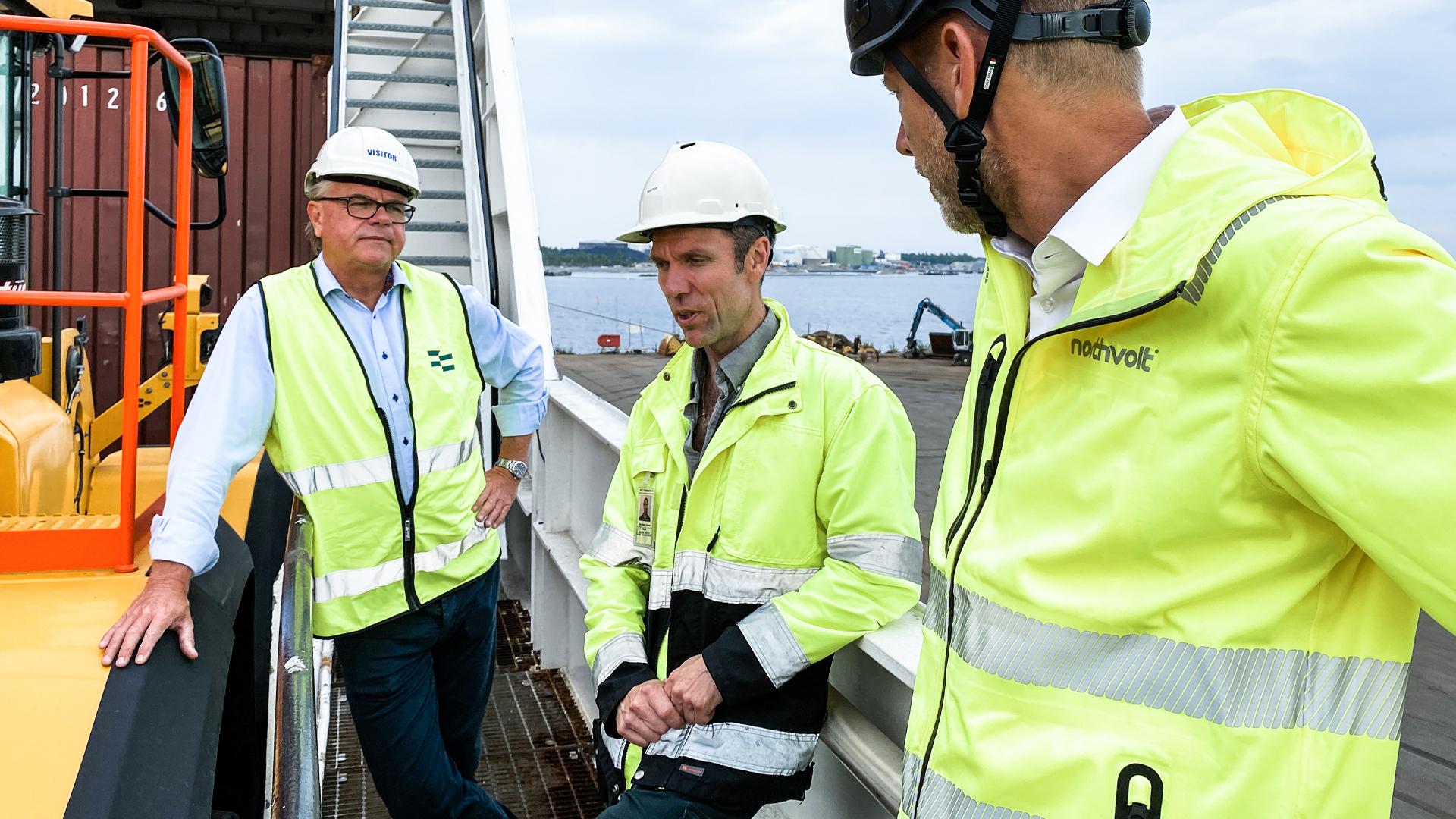
“Together with Northvolt and the port, we customised a solution,” says Ragnar Johansson, Managing Director at WALLENIUS SOL.
“Since we pass Skellefteå anyway, the solution suited everyone and had minimal environmental impact. When our new vessels begin regular services next year, the environmental impact will be even lower.”
It’s important for Northvolt that its shipments have a low environmental impact.
“So it was natural for us to choose WALLENIUS SOL. They have good environmental thinking and offer innovative solutions. We’ll be using them for at least one more delivery in October, with parts from East Asia,” says Edward Quigley.
Ragnar Johansson hopes to continue working with Northvolt, and that the Port of Skellefteå will become a regular stop in their scheduled services.
“Northvolt is in the process of establishing a huge, awesome industrial project, and it would be enormously exciting to continue working with them. It also fits in well with our ambition to strengthen the infrastructure in the Gulf of Bothnia. Because we already operate scheduled services and have good available capacity, especially for northbound cargoes, we’re also able to carry small loads of the type that are relevant during the construction phase,” says Ragnar Johansson.
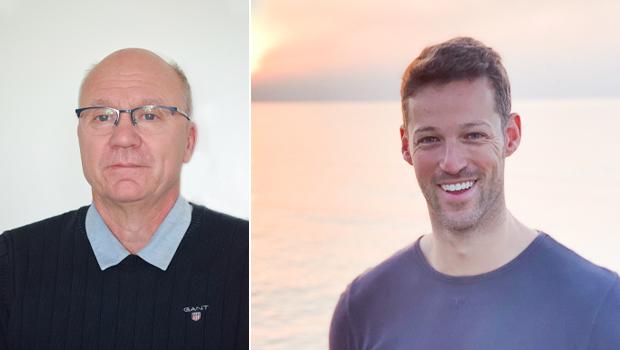
Being able to offload the goods from the Thuleland is a feather in the cap for the Port of Skellefteå.
“We haven’t unloaded much RoRo cargo in the past, as our customers don’t usually ask for it, but there’s been an increase in interest recently,” says Lars Widelund, General Manager for the Port of Skellefteå.
He adds:
“I am incredibly happy about these calls in August and October. It means customers who need to ship small loads to the continent are now able to do so by sea rather than by road. It’s a service we weren’t able to offer before. This could well be a boost for the region.”

